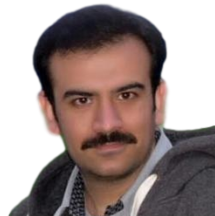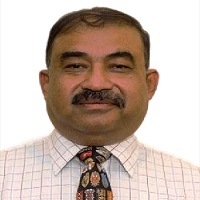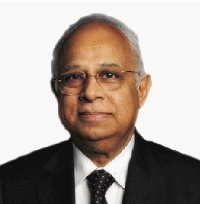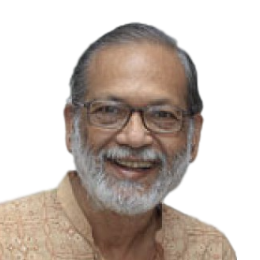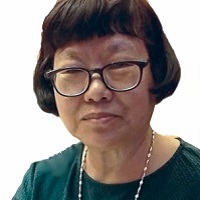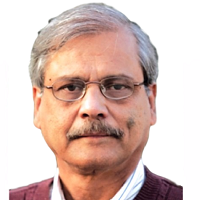After winning the presidential election, Donald Trump’s “America First” doctrine has created a prominent shift in the US’ foreign relationships. Trump emphasized that: “We don’t want to have a depleted military because we’re all over the place fighting in areas that we shouldn’t be fighting in. It’s not going to be depleted any longer … We will stop racing to topple foreign regimes that we know nothing about, that we shouldn’t be involved with.” What he said will directly affect the decision whether 8,400 American soldiers will stay in Afghanistan.
For Trump, involvement in Afghanistan is a “disaster” for his country. The US has stationed troops in Afghanistan for almost 16 years and the total expense of the mission is even higher than that of reconstructing Europe after WWII. However, only 63 percent of Afghanistan’s territory is under the control of the Afghan government, and the area is plagued by rampant opium plant and corruption problems. The government is unable to function without international aids. The US seems to be overwhelmed by its operation in Afghanistan and intends to adjust the existing policies. Under these circumstances, concerns have been raised regarding policies and cooperation between China and the US on the Afghan issue.
As the two major countries promoting the reconciliation process on Afghanistan, China and the US reached a consensus on seeking pragmatic cooperation in Afghanistan in September 2015, and started the Quadrilateral Coordination Group (QCG) in January 2016. However, after the fifth QCG meeting, the time for the next round of talks wasn’t settled due to difficulty in coordinating the diverging interests of the parties involved.
China knows very well the importance of international cooperation on the Afghan issue. In order to find more solutions, China has started consultations with Russia and Pakistan. But, Russia lacks the drive to resolve conflicts in Afghanistan. The Afghan Taliban also realized this and warned the Trump government to withdraw from the “quagmire” of Afghanistan.
Public information suggests that Trump’s policy on Afghanistan may not change radically. Both US Defense Secretary James N. Mattis and National Security Advisor Michael Flynn have participated in the war in Afghanistan and Iraq, and took part in making Afghanistan policy. After taking office, Trump has changed his attitude toward Afghanistan. When visiting and addressing the US Central Command on February 6, Trump reaffirmed that the US will support NATO and fight against radical Islamic terrorism to prevent it from taking root in the US. The Central Command is in charge of military actions in the Middle East, North Africa and Central Asia, and is well known for its operations in Afghanistan and Iraq.
But Trump will come up with new tactics toward Afghanistan and they would include strengthened military operations, large-scale intelligence warfare and international anti-terrorism alliance. The top US Commander in Afghanistan John Nicholson called for more American troops in Afghanistan to break the “stalemate” on Thursday on the Senate Armed Services Committee. He also said that Russia, Pakistan and Iran are working to “legitimize and support” the Taliban in Afghanistan.
It is true that China and the US have disagreements on the reconciliation process since China prefers a diplomatic solution that urges all parties in Afghanistan to negotiate. No matter how divided they are, China and the US need to coordinate and manage the disagreements under a sound Sino-US relationship.
In the letter to his Chinese counterpart Xi Jinping last week, Trump proposed to develop a constructive Sino-US relationship that benefits both sides. This is a positive step toward improving the bilateral relationship. But, more actions are needed. In terms of the Afghan issue, the result of the reconciliation process largely depends on Trump’s foreign policy.
The author is an associate research fellow at the Institute of Russian, Eastern European and Central Asian Studies, Chinese Academy of Social Sciences. Article First Published in Global Times.



